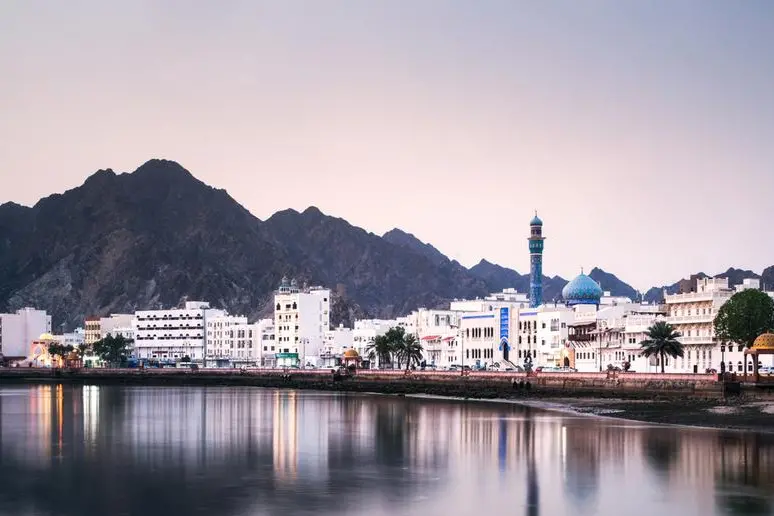PHOTO
Artificial Intelligence (AI) has come a long way. Today, it can write, translate and analyse large volumes of information. But to help solve the urgent challenges of climate change and clean energy, AI must move beyond language. It must support real-world planning, decisions and action.
Oman is taking bold steps towards sustainability.
With its commitment to net-zero emissions by 2050, the country has launched the Oman Net Zero Centre under the Ministry of Energy and Minerals. This centre will guide the national strategy, ensuring a transition that protects the environment, reduces costs, creates jobs and secures the energy supply.
To make this transition successful, we need smart tools that can manage complex energy systems; and guide policy and investment choices. This is where AI can make a real difference, not just as a digital assistant but as a partner in designing and operating better sustainable systems.
For example, green hydrogen is a key pillar of Oman’s strategy.
Major projects are being planned to turn Oman into a global hub for hydrogen production and export. AI can help these projects by modelling supply chains, optimising storage and transport; and forecasting international market dynamics to facilitate sustainable business growth.
Similarly, AI can enhance the power sector by improving forecasting for solar and wind production, managing energy storage and increasing grid reliability. In transport, AI can support the rollout of electric vehicles and smart charging networks. In industry, it can identify cost-effective routes to shift from fossil fuels to electricity or hydrogen, helping avoid stranded investments.
AI should be aligned with the five goals of Oman’s net-zero pathway: environmental sustainability, energy affordability, economic growth, job creation and energy security. With the right approach, AI can help balance trade-offs and support better decisions.
The UAE has already recognised this opportunity through the establishment of the Mohamed bin Zayed University of Artificial Intelligence (MBZUAI), which is advancing research in AI for national transformation. Oman too can benefit by investing in similar initiatives. A dedicated centre or academic hub for AI in energy, climate and sustainability would complement the goals of the Oman Net Zero Centre and strengthen our national capabilities.
As Oman builds its green hydrogen infrastructure and decarbonises its energy systems, AI must become part of the solution. It should be trained not just on data, but on the realities of engineering, economics and the climate.
Now is the time to think beyond conventional uses of AI. If applied with purpose, AI can help Oman meet its Oman Vision 2040 and Net Zero 2050 goals and become a regional leader in smart and sustainable development.
2022 © All right reserved for Oman Establishment for Press, Publication and Advertising (OEPPA) Provided by SyndiGate Media Inc. (Syndigate.info).





















